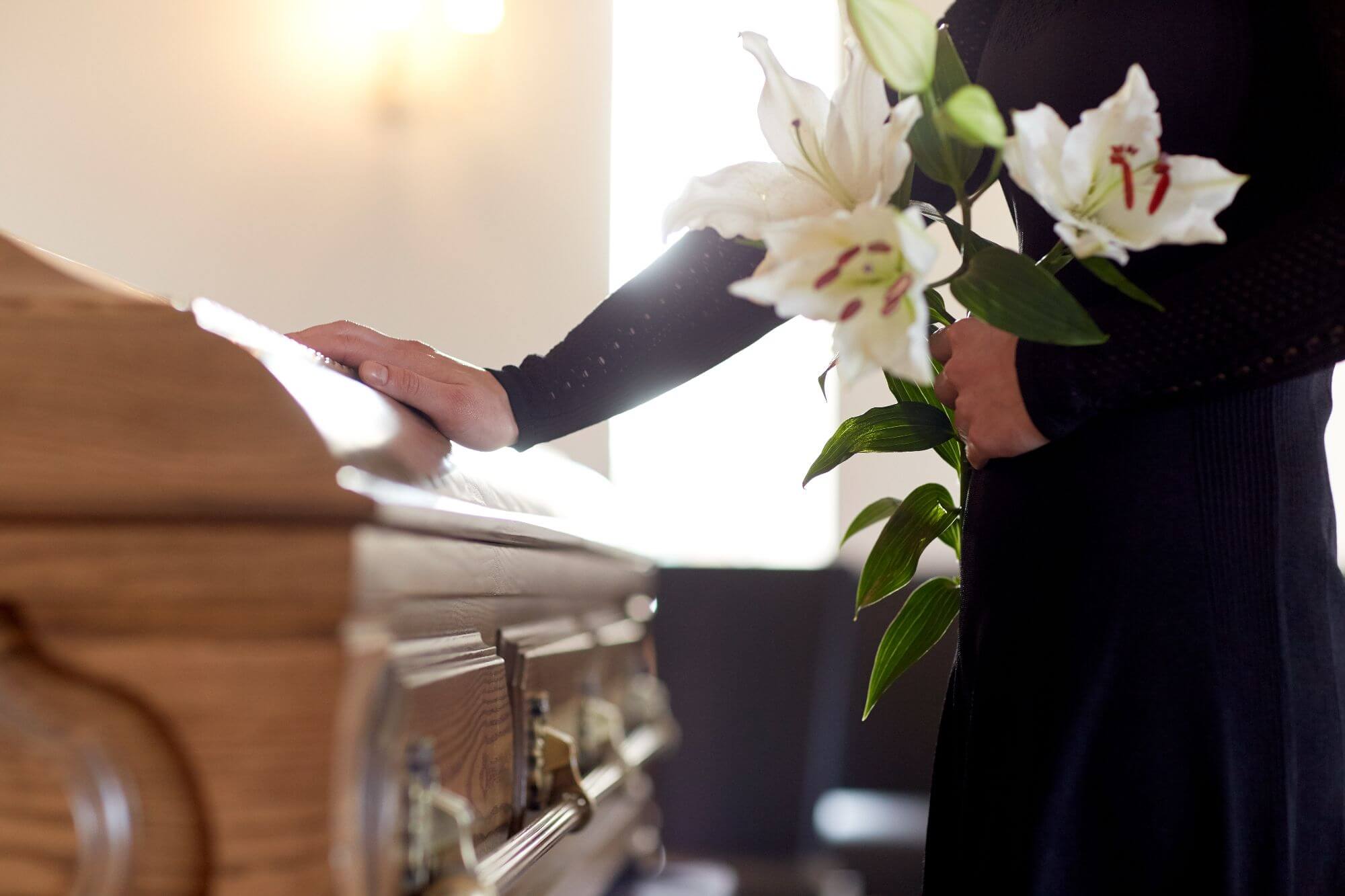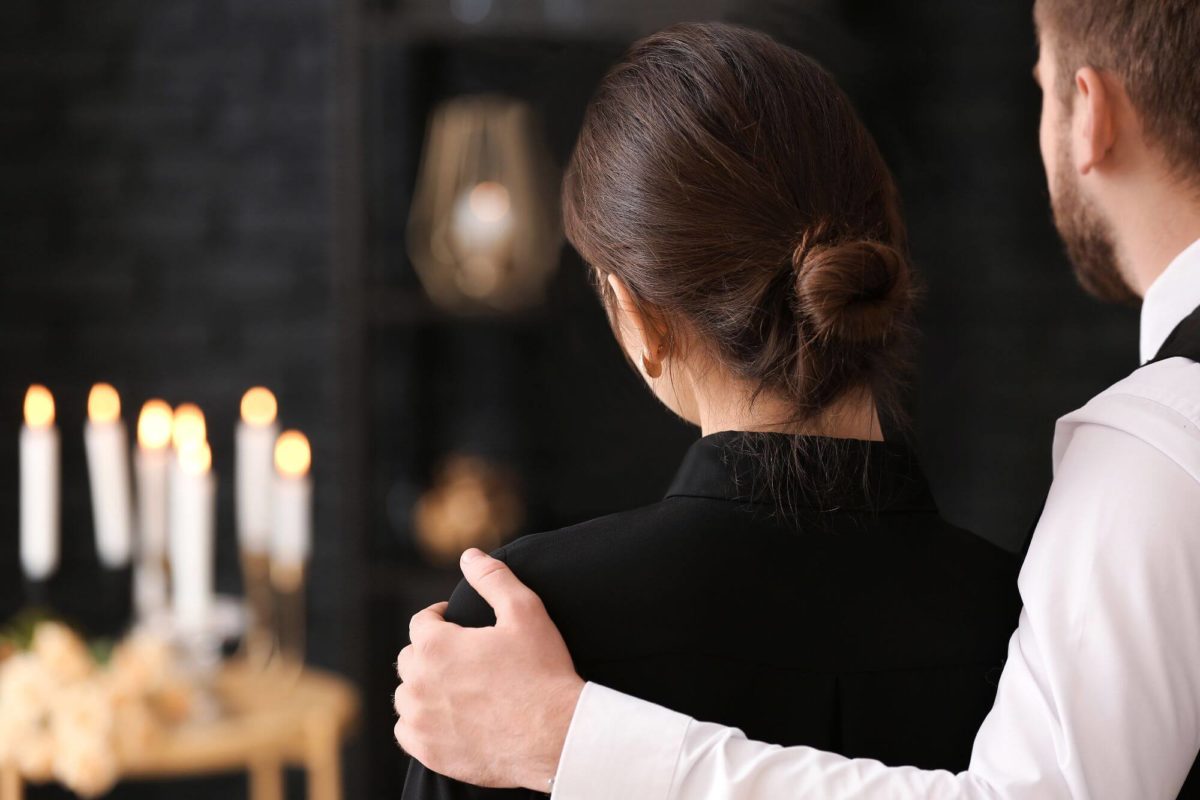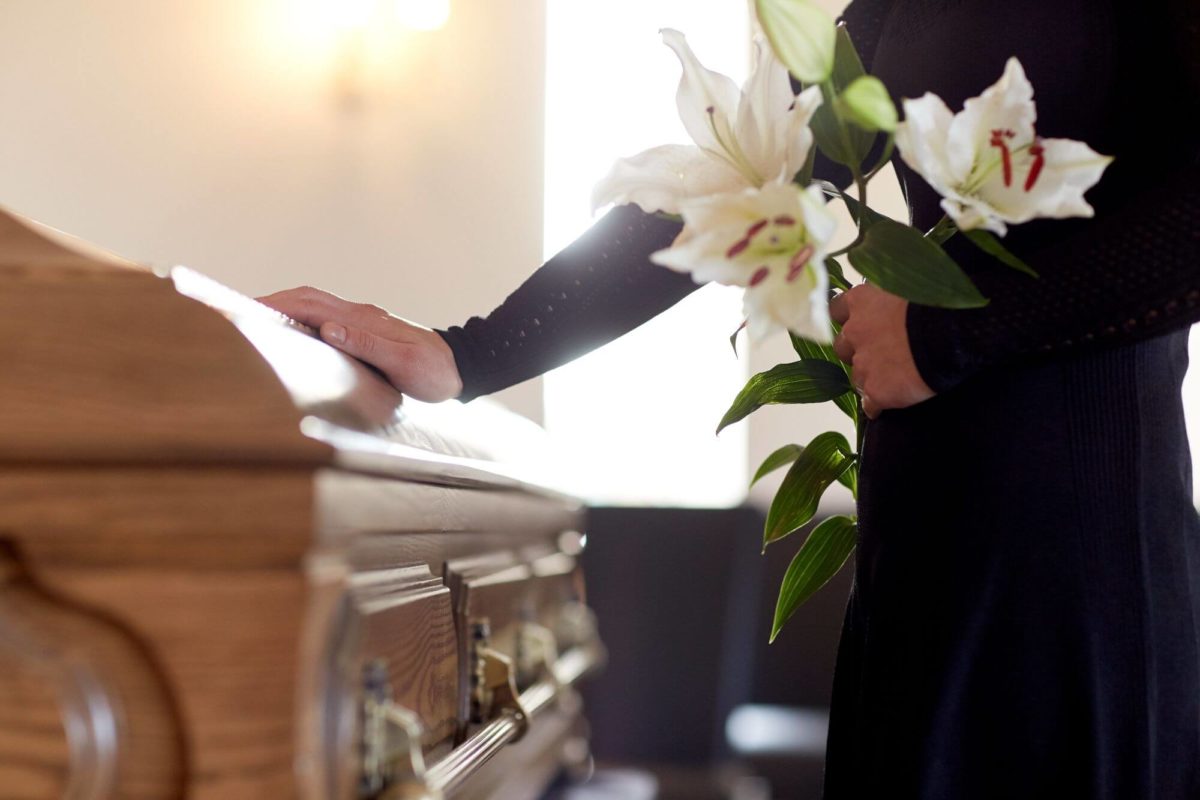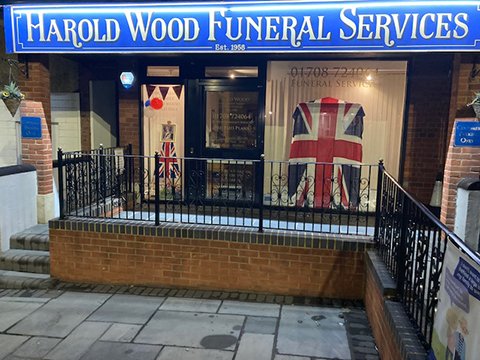
Traditional Funerals in Essex
In the modern world, there’s a wonderful diversity in people’s belief systems and values, and as time goes on our attitudes to death and funeral services are evolving. At times of loss, however, tradition can be a comfort, and traditional funerals are still a popular choice for those saying goodbye.
What are traditional funerals?
Traditional funerals follow a course that has been seen in the UK for hundreds of years. It will include a service – which will usually have a religious theme and will take place in a church, at the funeral home, crematorium or burial site – and incorporate several other customs such as a procession, wake and readings from relatives.
There are also traditional funerals based on other religious practices such as Judaism and Islam, which can be arranged through Harold Wood Funeral Services.
The Benefits of Traditional Funerals




FAQs
Here are our answers to some of the most frequently asked questions regarding traditional funerals, but if you would like to find out more, don’t hesitate to contact a member of our team.
There are a variety of customs you are likely to see at a traditional funeral, and the structure of the day is likely to fall into four main categories:
A procession
In a traditional funeral, friends and family will often follow the hearse or limousine with the coffin as it is transported from the funeral home to the church or crematorium. The coffin itself then may be carried by pallbearers into the building or to the burial site.
A service
A traditional funeral service is often led by an officiant or religious official. The content of the service will vary from person to person, but may include Christian rites, hymns, the playing of music, and the reading of verses and poetry. People close to the deceased may also share their memories and thoughts with the congregation.
Burial or cremation
This is the part of a traditional funeral where a person is finally laid to rest, and may contain religious rites or words spoken over the grave. Research suggests that over 75% of people choose to be cremated rather than buried in the UK, and this decision is usually laid out in the deceased’s final wishes or decided by those closest to them.
A wake
The wake is a reception (which can be held somewhere important to the departed), in which food and drink are served and people come together to reflect. Previously taking place before the funeral service, in most modern funerals a wake is often held after the deceased is laid to rest.
Wakes offer an opportunity to discuss the good memories people share of the person who has passed, celebrating the life they lived. As such, they can be a cathartic and uplifting experience for the bereaved.
While the funeral service itself will last around 40 minutes to an hour, if you are also attending the procession and wake (and travelling between locations to do so) you can expect a traditional funeral to last the better part of a day.
You can organise a funeral that incorporates many of the British traditions and customs without including a religious element. You may, for example, choose a humanist service, and these kinds of personalised funerals are gaining in popularity as people attempt to reflect the lives and loves of those who have passed.
The procession is often considered a key part of a traditional funeral. While a black car with wide windows is often chosen to act as a hearse, horse and carriage hearses have been used for centuries, and there’s no reason why you can’t keep this tradition alive in the modern world. For many, they represent an elegant and fitting tribute to their loved one.
Our Funeral Homes

Hilldene (Harold Hill)
64 Chippenham Road,
Harold Hill,
Essex RM3 8HX.

Hainault & Chigwell
45 New North Road,
Hainault,
Essex IG6 2UE.

Harold Wood
43 Station Road,
Harold Wood,
Essex RM3 0BS.

Collier Row
309 Collier Row Lane,
Collier Row,
Essex RM5 3ND.
